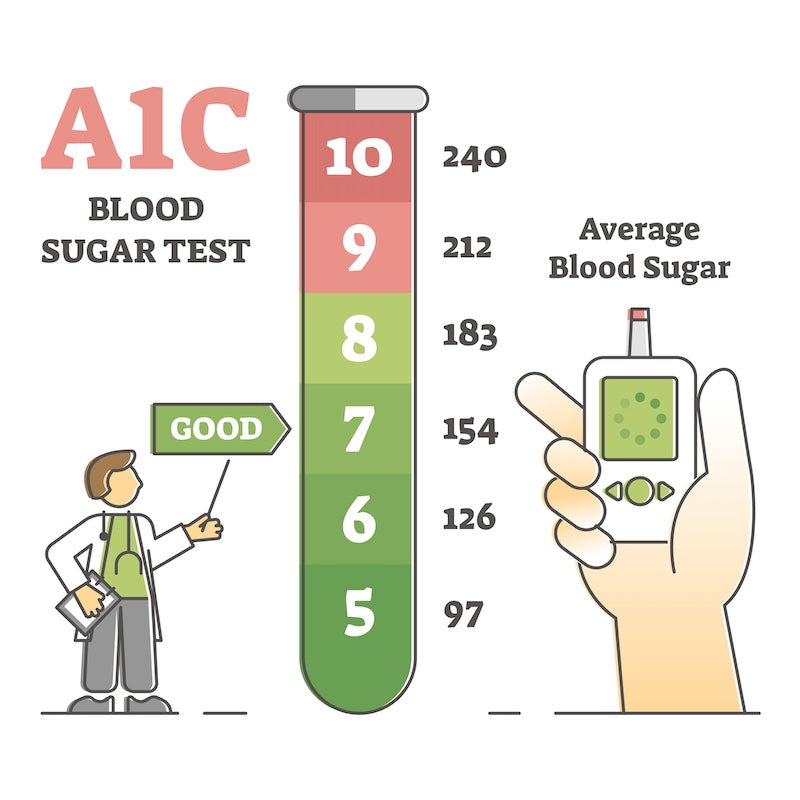The Link Between Smoking and Type 2 Diabetes
Smoking is a major risk factor for developing Type 2 diabetes. Research indicates that smokers are 30% to 40% more likely to develop Type 2 diabetes than non-smokers, with the risk increasing with the number of cigarettes smoked. [ :contentReference[oaicite:0]{index=0}] Additionally, for individuals already living with diabetes, smoking can worsen the condition and lead to serious health complications. [ :contentReference[oaicite:1]{index=1}]
How Smoking Contributes to Diabetes
Nicotine, the active chemical in cigarettes, affects the body in several ways that can lead to diabetes:
- Insulin Resistance: Nicotine makes it harder for your cells to respond to insulin, the hormone that helps your body use blood sugar. This resistance leads to higher blood glucose levels. [ :contentReference[oaicite:2]{index=2}]
- Increased Belly Fat: Smokers may accumulate more weight around their midsection, even if not overweight. This central fat can raise the risk of insulin resistance and Type 2 diabetes. [ :contentReference[oaicite:3]{index=3}]
- Inflammation: Chemicals in cigarettes damage your cells, leading to inflammation. This damage makes it harder for your body to use insulin effectively. [ :contentReference[oaicite:4]{index=4}]
Smoking’s Impact on Those with Diabetes
For individuals with diabetes, smoking poses additional risks:
- Heart Disease: Smoking combined with unmanaged diabetes increases the risk of heart disease. [ :contentReference[oaicite:5]{index=5}]
- Kidney Damage: Smoking can accelerate kidney damage in diabetic patients. [ :contentReference[oaicite:6]{index=6}]
- Nerve Damage: Smoking exacerbates nerve damage (neuropathy) in those with diabetes. [ :contentReference[oaicite:7]{index=7}]
Benefits of Quitting Smoking
Quitting smoking offers significant health benefits:
- Reduced Risk: Quitting smoking cuts your risk of developing Type 2 diabetes by 30–40%. [ :contentReference[oaicite:8]{index=8}]
- Improved Blood Sugar Control: Non-smokers often have better blood sugar control, reducing the risk of complications. [ :contentReference[oaicite:9]{index=9}]
- Enhanced Overall Health: Stopping smoking improves circulation, lung function, and reduces the risk of various diseases. [ :contentReference[oaicite:10]{index=10}]
Strategies to Quit Smoking
Quitting smoking can be challenging, but several strategies can help:
- Nicotine Replacement Therapy (NRT): Options include nicotine patches, gum, lozenges, inhalers, or nasal sprays to reduce withdrawal symptoms. [ :contentReference[oaicite:11]{index=11}]
- Prescription Medications: Doctors may prescribe medications like varenicline (Chantix) or bupropion (Zyban) to help manage cravings. [ :contentReference[oaicite:12]{index=12}]
- Behavioral Support: Counseling, support groups, and behavioral therapy can provide strategies and motivation to quit. [ :contentReference[oaicite:13]{index=13}]
Resources for Support
- Smokefree.gov: Offers tools, advice, and support to help you quit smoking. [https://smokefree.gov/]
- American Diabetes Association: Provides information on quitting smoking and managing diabetes. [https://diabetes.org/]
- Centers for Disease Control and Prevention (CDC): Offers resources on the health effects of smoking and strategies for cessation. [https://www.cdc.gov/tobacco/index.htm]
Conclusion
Smoking significantly increases the risk of developing Type 2 diabetes and complicates management for those already diagnosed. Quitting smoking is one of the most important steps you can take for your health, leading to better blood sugar control and a reduced risk of serious complications. Seek support and utilize resources to help you quit and improve your overall well-being.












